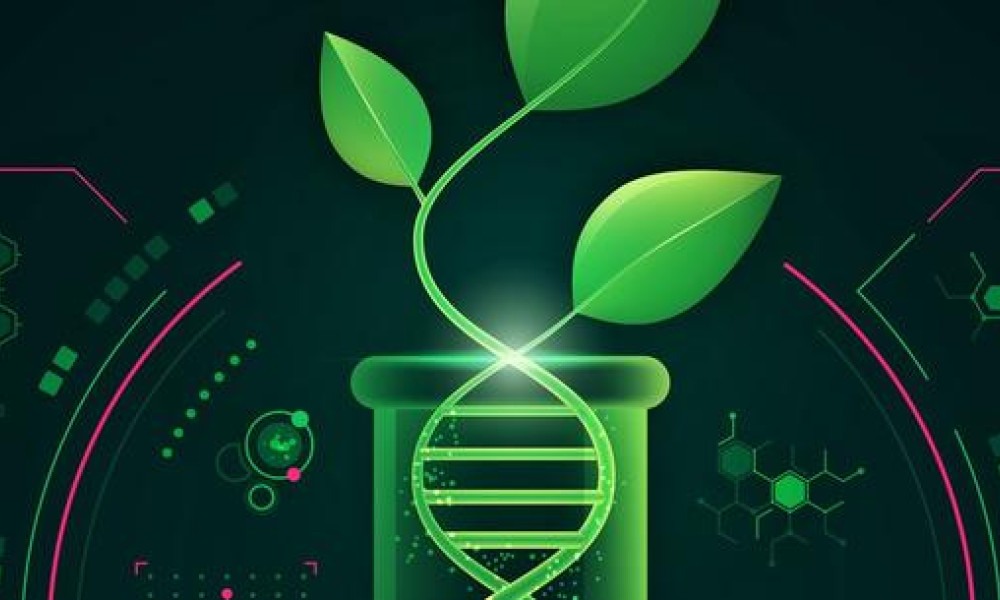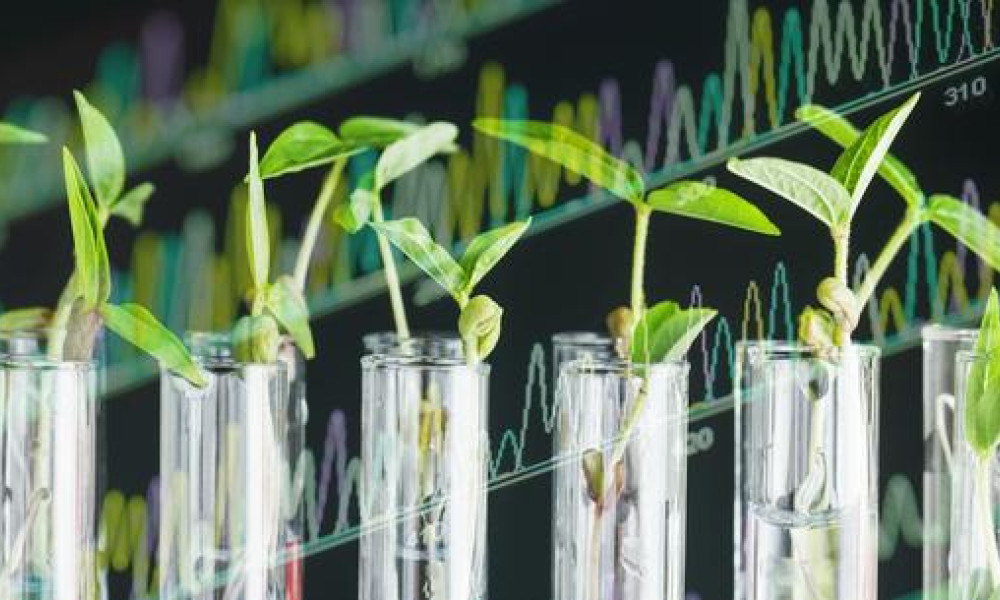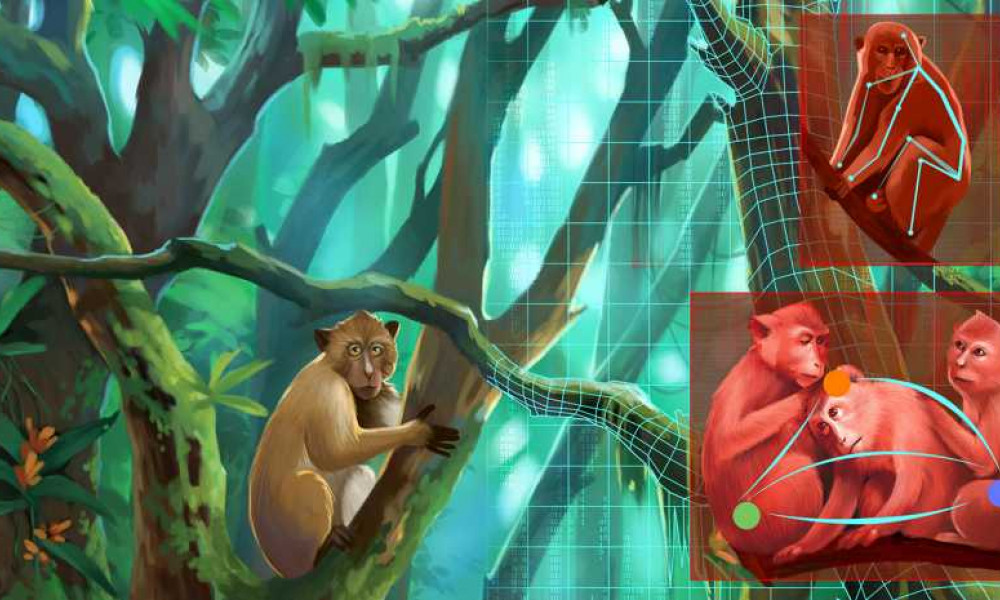CRISPR and the Future of Plant Breeding
One of the greatest scientific breakthroughs was recently acknowledged, when Emmanuelle Charpentier and Jennifer Doudna were awarded the 2020 Nobel Prize in Chemistry for their development of CRISPR/Cas9 gene editing.
Historically, traditional breeding methods took advantage of genetic variability to enhance crops through a long process of crossing and selecting. This timely and strenuous process pushed scientists to find better technology to shorten and improve the process. One way, and most promising, is the technology of genome editing using CRISPR/Cas9.
But what is often missing is a good description of how, exactly, this technology works, in order to fully appreciating how promising it is.






